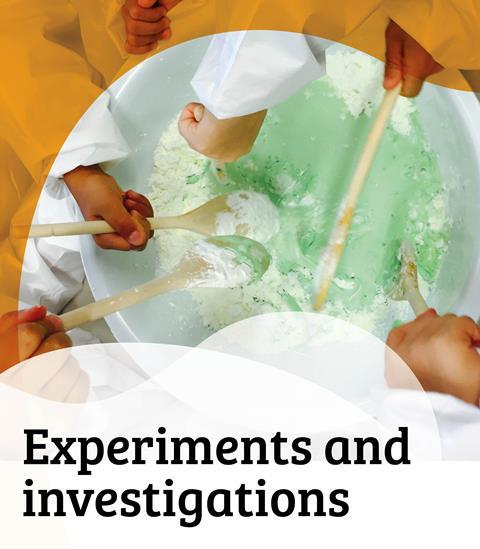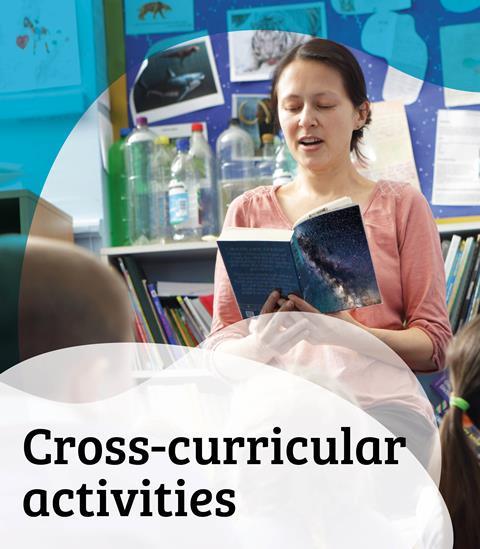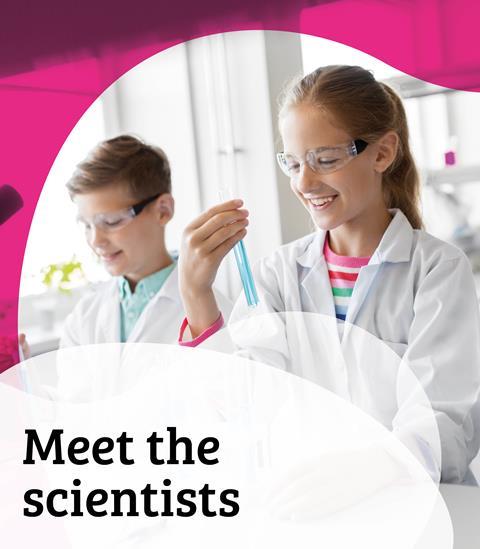A resource pack including a student worksheet, teachers’ notes and four presentations looking at one of the most vital substances on planet Earth - water.
Websites
Additional information
The resource pack prompts students to think about the difficulties around obtaining and transporting clean water. Also, the resources help students to develop their ability to think critically and work scientifically.
If you teach primary science, see the headings below to find out how to use this resource:
Skill development
Children will develop their working scientifically skills by:
- Selecting and planning the most appropriate ways to answer science questions, including:
- Finding things out using a wide range of secondary sources of information.
- Carrying out comparative and fair tests.
- Drawing conclusions and raising further questions that could be investigated based on their data and observations.
- Using appropriate scientific language and ideas to explain, evaluate and communicate their methods and findings.
Learning outcomes
Children will:
- Use knowledge of solids, liquids and gases to decide how mixtures might be separated, including through filtering, sieving or evaporating.
Concepts supported
Children will learn:
- That water can be purified by applying their knowledge of different separating techniques.
- What the water cycle is and how it occurs.
Suggested activity use
This resource provides a planning tool which provides children access to problem solving, data analysis, critical thinking and group working skills. The resource contains different activities designed to teach children about water and the impact it has on everyday life.
You have the flexibility to pick and choose an activity, depending on how you feel it fits with your learning sequence.
There are also multiple opportunities for cross-curricular links with literacy and geography.
Practical considerations
You may need to study your lesson sequence and see which activities fit best and where.











